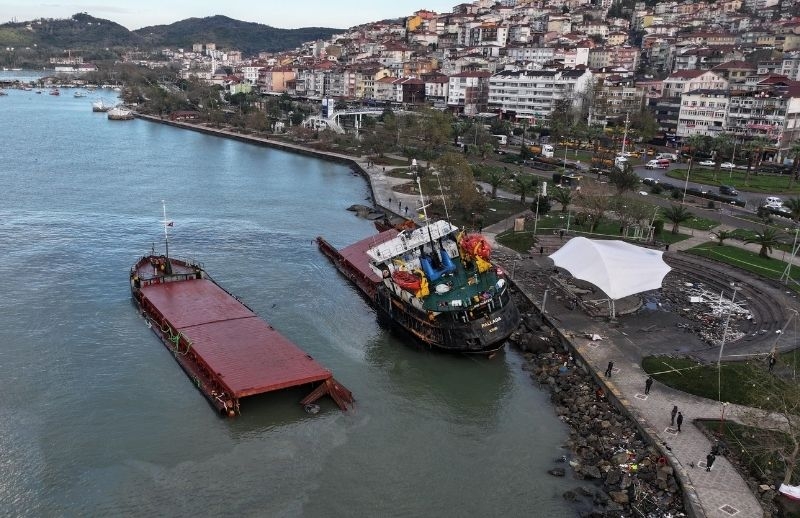Why Do Ships Sink In Stormy Weather?
Ships are vehicles designed to float on water. However, in stormy weather, this design can sometimes be inadequate and ships can sink.
The main reasons why ships sink in storms are as follows:
Taking on water: Storms can severely damage the hull of ships, causing them to take on water. This destabilizes ships and increases the risk of sinking.
High waves: Storms cause high waves. These waves can damage ships by overturning or sinking them.
Wind: Storms cause strong winds. These winds blow ships around and destabilize them.
Ships are designed to withstand storms. However, no ship is completely resistant to storms. Factors such as the intensity of storms, the design of ships, and the condition of the equipment on board affect the risk of a ship sinking.
Measures that can be taken to prevent ships from sinking in stormy weather include the following:
Paying attention to storm warnings: Paying attention to storm warnings and staying away from storm areas is one of the most important ways to prevent the sinking of ships.
Preparing before the storm: Pre-storm preparations help to increase the resilience of ships against storms. These preparations include repairing the ship, preparing the necessary equipment, and educating the crew about the storm.
Being careful during a storm: Being careful during a storm plays an important role in preventing ships from sinking. This includes protecting the ship from the impact of waves, being alert to the wind, and using the equipment on board safely.
Ship sinking in stormy weather is a serious problem that can cause both material and human casualties. To avoid this problem, it is important to increase the resilience of ships against storms and to be careful during storms.

